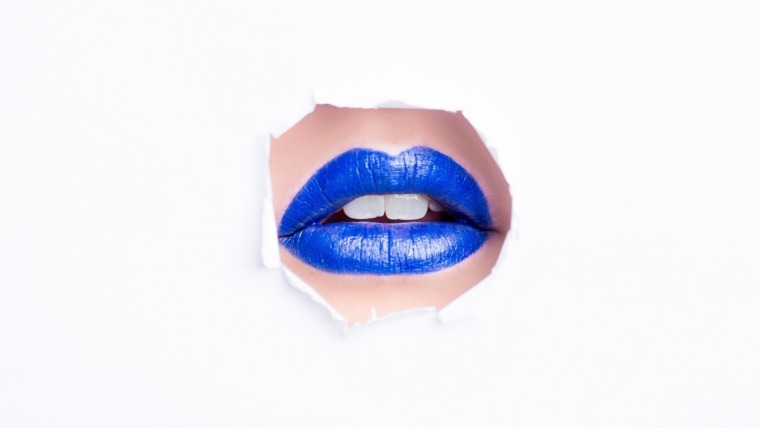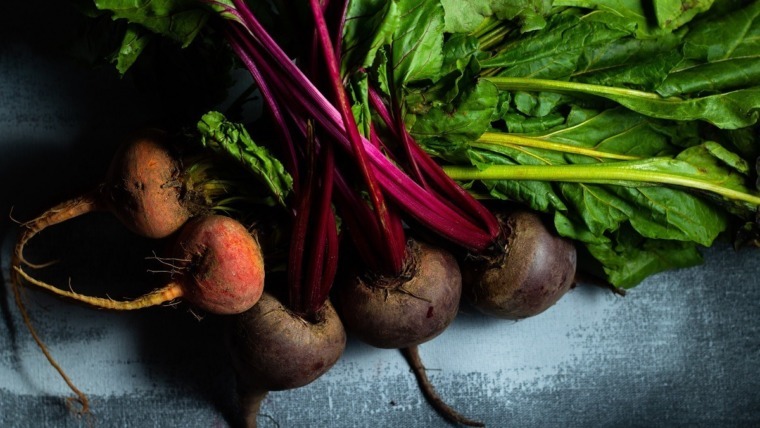
Written by Connie Rogers
We always feel vibrantly well after a good nights sleep with heightened energy levels and better moods. This is because sleep is a restorative process. It’s function is to maintain brain immunity and is also a huge part of building gut immunity.(1) The benefits of good sleep habits are increased mental clarity, a healthier weight, better bowel movements, improved test scores, but most importantly it’s crucial to balancing hormones.
Interestingly enough, compared to a few decades ago, adults, as well as children, sleep less.(2) Sleep deprivation is said to cost the educational system, restaurants, athletes, the arts, and businesses alike, billions of dollars each year, with weaker performance, increased sick days, missed deadlines, poor customer service, and lost efficiency.
But did you know chronic sleep loss can be the beginnings of obesity. “Epidemiologic data consistently support a link between short sleep, obesity, and diabetes”(2) When we don’t sleep well the body is stressed and holds onto toxins and belly fat. This happens when cortisol levels are out of balance and hunger cues are thrown off tract.
With excess belly fat and lack of sleep we may experience chronic inflammation, constipation, hormonal imbalances, and depression. As a result one may also experience skin rashes. According to Dr. Silverberg, “Eczema symptoms are negatively aggravated by sleep disturbance, which in turn prolongs the healing process.”
Developing good sleeping habits requires our understanding of how Serotonin and Melatonin work together in our gut. There are a multitude of factors that disrupt these neurotransmitters. Serotonin disruptors include, stimulants, synthetics, fake foods, the birth control pill, not enough sunlight or exercise during the day and an abundance of artificial blue light exposure from computers to televisions at night. Serotonin is a precursor for melatonin. Melatonin disruptors include, opioid peptides from wheat and dairy products. These impair neurotransmitter metabolism.
When we have pain it can be difficult to get a good nights sleep-when we sleep less we can experience more pain. There is a close association with insomnia and migraines. Predominant theories involve the relationship with our hypothalamus and unhealthy gut microbiome. One confirmed theory that scientist found is, adding probiotics to increase good gut microbiome changes stress levels in the brain.
So if the goal is restful, rejuvenating sleep, we must also have a healthy digestive system.
What can we do?
Ditch the sweets. Concentrated sweets, liquid sugar, and glutenous products will cause abnormal blood sugar disturbances along with hormonal imbalances, and increased stress levels, thus altering the ability for a good nights sleep.
Improve good gut microbiome with some fermented foods and/or daily probiotics. Store bought yogurts do not increase good intestinal flora because of it’s high sugar and chemical processes, including pasteurization.
Discontinue stimulants and caffeine from all sources. These include, chocolate, tea, red bull, energy drinks, soda, and coffee. Caffeine is an endocrine disruptor and can stay in the body and brain for 17 hours. Caffeine increases anxiety,(3) disrupts the nervous system, causes neurons to misfire, and can lead to serotonin depletion.
Increasing magnesium levels helps with restful sleep. If you suspect you are low in magnesium, the best way to consume this mineral is through organically bound magnesium, which is found in organic green, leafy vegetables such as spinach and kale.(4) Other excellent foods high in magnesium are: organic avocados and raw almonds.
Exercise during the day can positively affect our hormones, gut microbiome, and sleep patterns at night.
Avoid late night TV because it creates stress, noise, and disrupts our sleep from too much light exposure. (which in turn disrupts melatonin levels)
At the end of the day, one thing for certain is, mental and physical health thrives on a nutrient rich diet and proper sleep habits.
footnotes:
- 1- http://www.nature.com/nri/journal/v16/n6/full/nri.2016.42.html
- 2- https://www.ncbi.nlm.nih.gov/pmc/articles/PMC3065172/
- 3- https://www.ncbi.nlm.nih.gov/pubmed/2195579
- 4- http://bitesizepieces.net/gallerys/green-sunshine-smoothie/
Sleep Sleep Wonderful Sleep Sleep Wonderful Sleep Sleep Wonderful




2 Comments